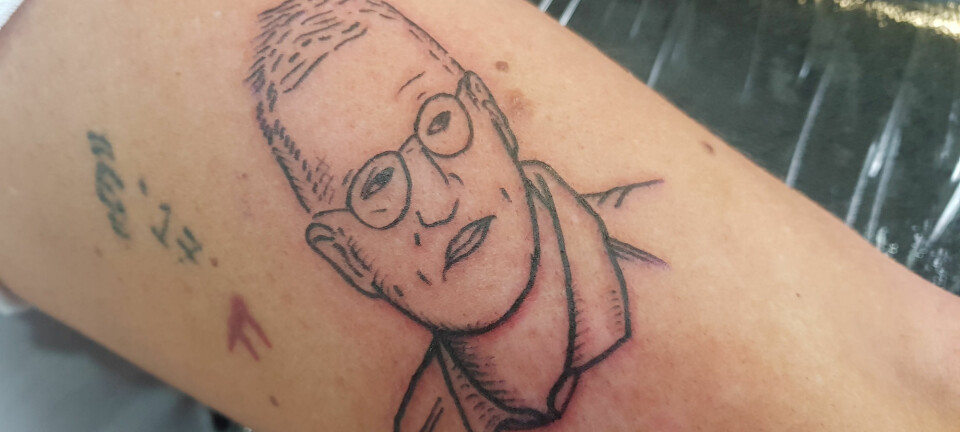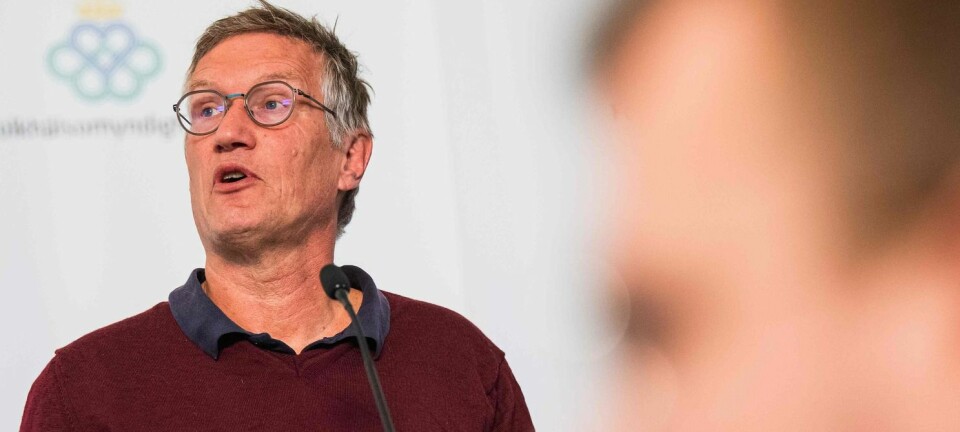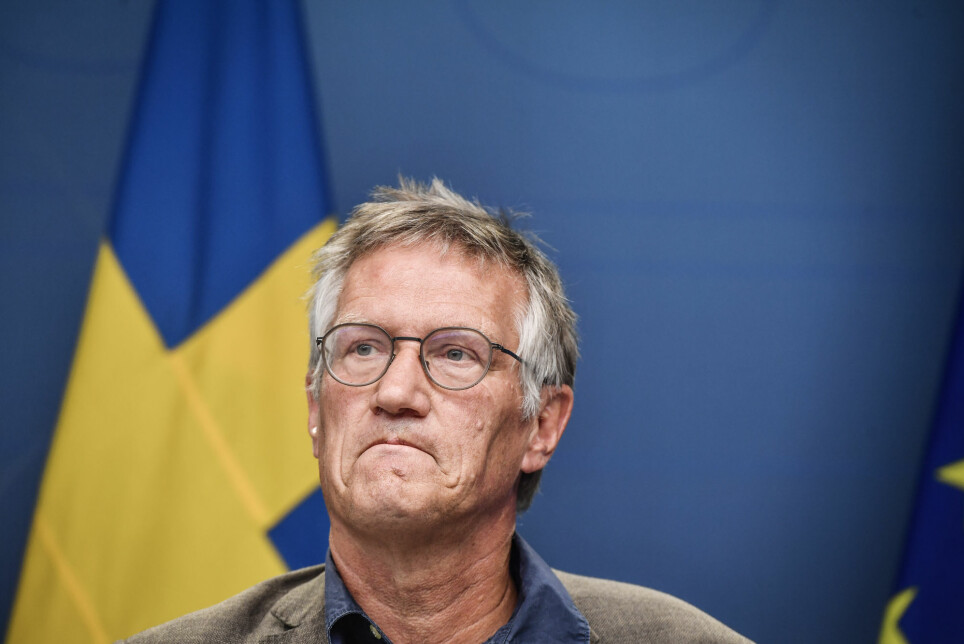
The border between Norway and Sweden is closed for the first time since 1954. Will the pandemic ruin their special friendship?
The Nordics were supposed to be the most integrated region in the world. But along came the coronavirus.
When the coronavirus came to the Nordics, countries responded in different ways. Norway, Finland and Denmark responded to the first wave of infection with the introduction of the most intrusive public measures ever enacted in peacetime Europe. These countries essentially shut down society.
The Swedes did as they always have, say researchers from an interdisciplinary research initiative at the University of Oslo called UiO: Nordic.
They believed in themselves.
This meant that life in Sweden largely continued as it did before the pandemic.
Norway has protected itself from Sweden
Sweden’s decision has had fatal consequences. At the time of this writing, the death toll from the coronavirus in Sweden is approaching 7000. Deaths in the other Nordic countries are limited to a few hundred.
A good part of the measures taken in Norway, Finland and Denmark since March have consequently been about protecting them from “big brother” Sweden.
As other regions in Europe have established their own “travel bubbles”, it was expected that the integrated Nordic region would establish a shared travel region.
But when Denmark, Norway and Finland opened their countries to entry and exit this summer, they continued to keep their borders with Sweden closed.
Deep scars
Nordic Minister Anna Hallberg and Foreign Minister Ann Linde in Sweden believe that closed borders will leave "deep scars" and damage relations and co-operation between the countries.
The Finnish Nordic researcher and historian Johan Strang at the University of Helsinki is also concerned. He has said to Aftenposten, a national newspaper based in Oslo, that closing borders during a crisis is a relatively new development.
The natural reflex 20 years ago would have been that the Nordic countries would solve the problem together, he believes.
“The coronavirus crisis is a symptom that all is not well with this collaboration,” he told Aftenposten.
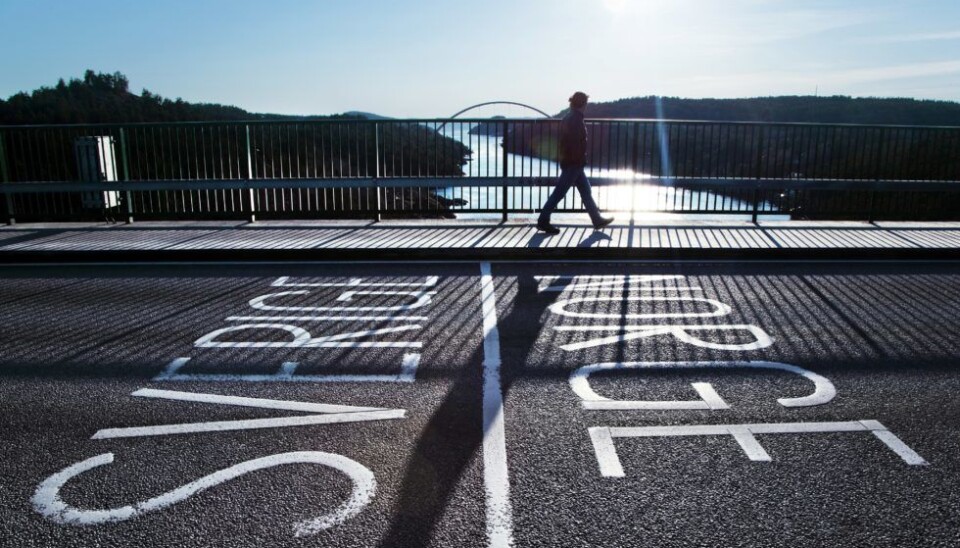
The Swedes see themselves as superior
The division between the Nordic countries started long before the pandemic, researchers Therese Sefton, Kristin Bergtora Sandvik and Maria Gabrielsen Jumbert agree.
All three work with the UiO: Nordic research initiative.
The researchers believe there are historical reasons behind Sweden’s difference from the other Nordic countries.
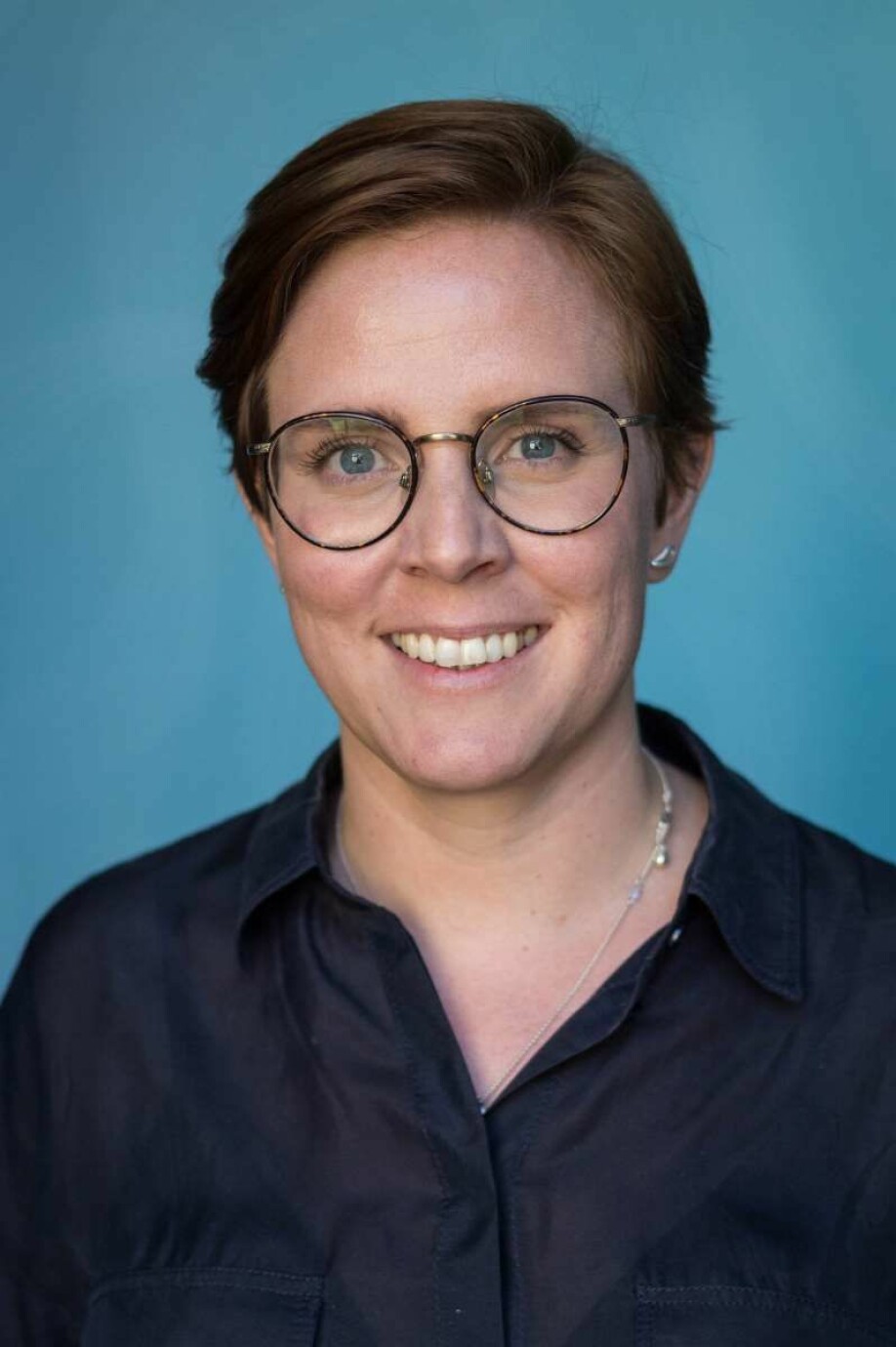
“Historically, Swedes have a perception of themselves as being superior,” Sefton said to sciencenorway.no.
She is a research assistant at the University of Oslo’s Department of Criminology and Sociology of Law and is originally from Sweden.
“We have been outstanding in industry, science and education. We have had a successful welfare state where social inequalities have long been negligible. We have had a high level of participation and a good reputation in the international community,” she said.
It has been that way for a very long time. But that is no longer the case.
Sweden changed
During the financial crisis in the 1990s, Sweden changed, says Kristin Bergtora Sandvik.
She is a professor in the same department as Sefton. And like many people in Norway, she has a great-grandmother who came from Sweden.
“What has happened in Sweden in the last six months is not due to decisions made by state epidemiologist Anders Tegnell or Prime Minister Stefan Löfven in 2020. This is largely due to decisions made in 1992,” she said to sciencenorway.no.
At that time, municipal and state services were privatized and deregulated. This led to a fragmentation of the Swedish welfare state, the consequences of which can be seen today, she said.
These are not normally the kinds of changes associated with social democracies.
But it was in fact the social democratic party in Sweden that was in charge when the welfare state began to fragment in the late 1980s. And these changes have largely contributed to the continued dismantling of the welfare state, Sefton said.
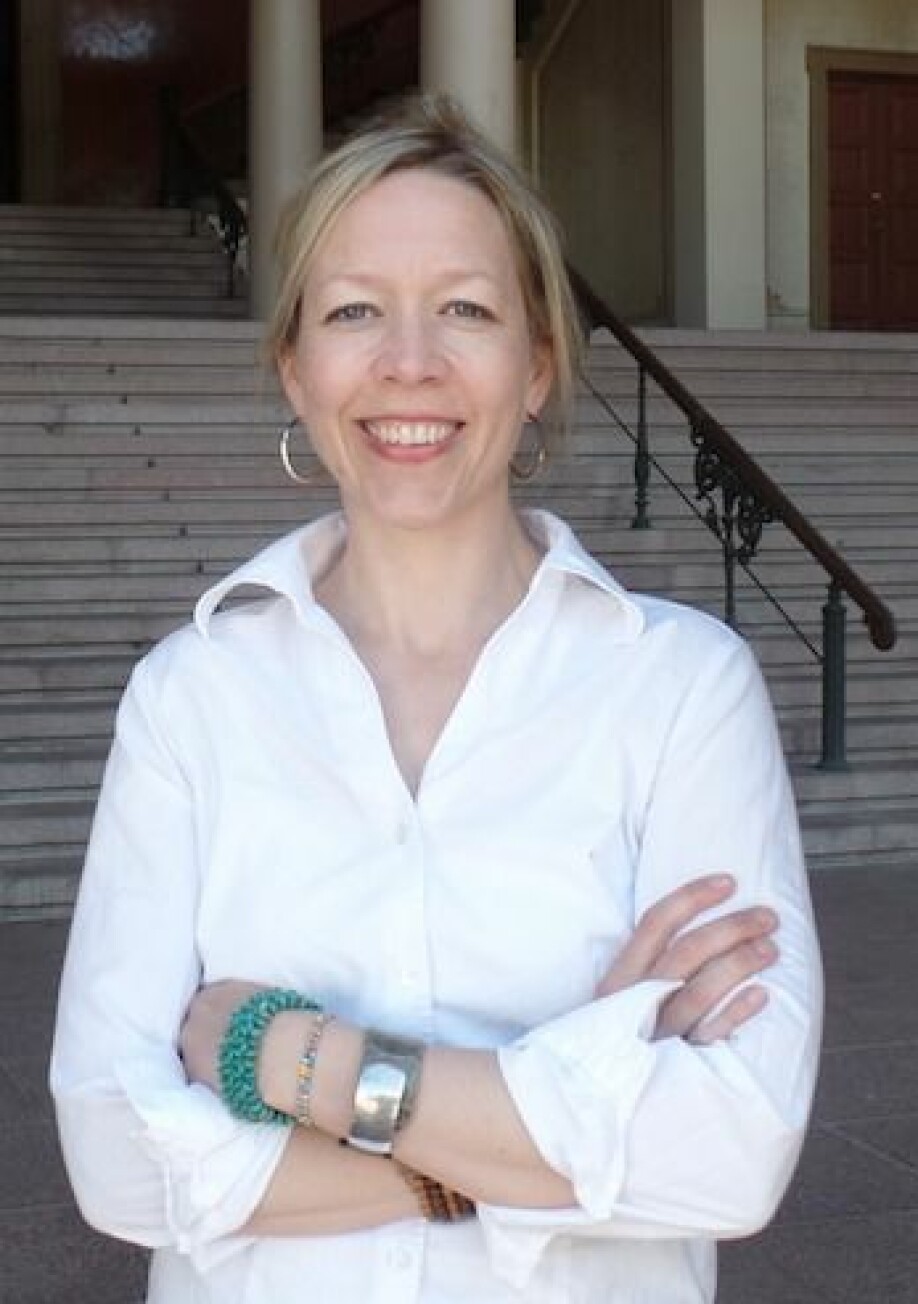
Lowest possible grade by the OECD
Sweden recently received the lowest possible grade for its handling of the coronavirus crisis by the Organization for Economic Co-operation and Development (OECD). The OECD recently compiled a report comparing the performance of 25 European countries.
When the report was presented, state epidemiologist Anders Tegnell took self-criticism on only one point, namely the many deaths among the elderly in Sweden.
Researchers believe that what happened in 1992 can explain much of the reason for these deaths.
Sweden reformed its elder care programmes in 1992, which resulted in a new division of responsibilities.
The reforms gave municipalities the main responsibility for delivering health and care services. The regions became responsible for the provision of medical services in nursing homes and care homes.
This resulted in a large increase in private actors competing with public agencies to provide welfare services. Increased cost pressures resulted in more unskilled labour, more short-term employees and temporary workers.
The number of private actors in elderly care increased from 2.5 to 13 per cent after the 1992 reform was introduced, a Swedish study shows.
The extensive use of temporary and unskilled workers is said to be one of the explanations for why more elderly people have died in Sweden than in other Nordic countries.
No longer a welfare state
This hypothesis was recently supported by a report from the City of Gothenburg, which showed that facilities with fewer temporary workers reduced the risk of the spread of infection.
“Sweden is no longer a welfare state, but instead has welfare municipalities. This may explain the large municipal and regional differences in how many people have died from and with COVID-19 in Sweden,” Sefton said to sciencenorway.no.
The employees' working conditions also affected the spread of infection, she believes.
“There are currently few incentives for temporary workers to stay home from work if they are ill,” she said.
Unclear responsibilities
It is not only the organization of the welfare system that separates Sweden from its neighbours, Sefton said.
The 1990s reforms have also fragmented the division of responsibilities among the government, regions and municipalities.
This has become particularly clear when it comes to emergency preparedness and crisis management.
They all blame each other, and no one seems to know who is responsible for what. This has resulted in a lack of personal protective equipment and medicines, the social scientists wrote in a blog post on a website called Sosiologen ('The sociologist').
Sefton told sciencenorway.no that she thinks it’s interesting that Swedes, who live in one of the world's most secular countries, still praise Anders Tegnell as if he had been the Messiah.
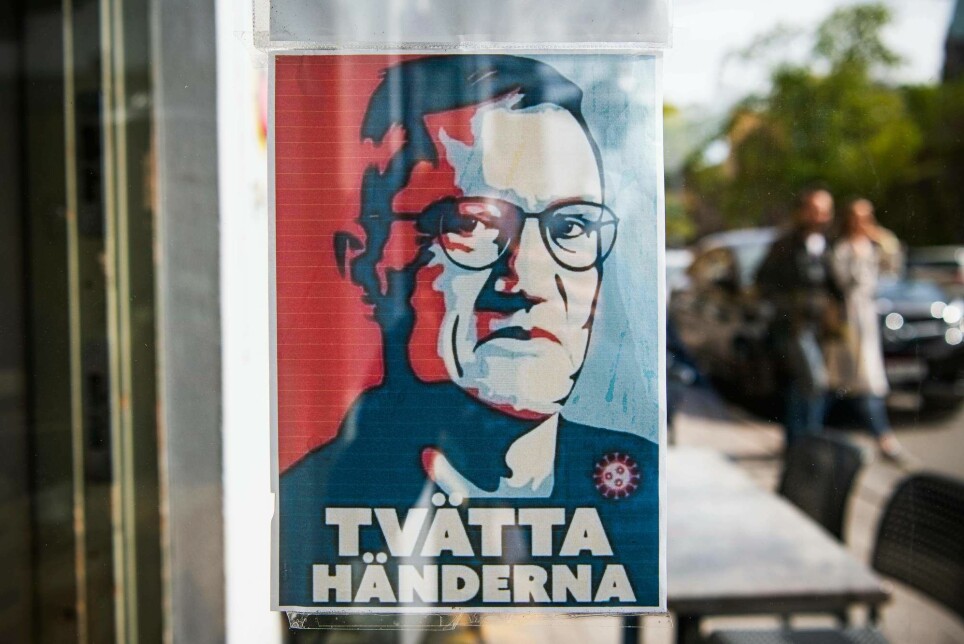
“The support we have seen around him and the Swedish strategy feels very nationalistic. It’s probably also connected with the Swedish belief that our science is rigorous. After all, we hand out the Nobel Prize in Physiology or Medicine,” she said.
Different in the bad way
“Yes, Sweden is different. But not in an exceptional way. They have now proven to be different in a very bad way,” Kristin Bergtora Sandvik said.
“That said, all the Nordic countries have demonstrated that they are worse off handling crises than they might have thought. The Nordics may have thought they were thoroughly regulated, but it has turned out that they all have management problems,” she said.
Many coronavirus measures enacted by Norway have no legal basis, University of Oslo law professor Hans Petter Graver has pointed out.
He told the national newspaper Klassekampen that it has been frightening to see how far the government has gone in setting aside democratic principles in the handling of the coronavirus crisis.
“And in Denmark, the government ordered the mass killing of mink, which has meant that many people lost their livelihoods,” Sandvik said.
The Danish Prime Minister has now expressed regrets that this action took place without a legal basis in the law.
Common sense or hard work?
The Nordic countries are known for being trust-based societies.
“We have a large degree of trust between those of us who live here and in the authorities. But the coronavirus crisis has shown that trust means different things in our countries,” says Maria Gabrielsen Jumbert, a researcher at PRIO, the Peace Research Institute in Oslo, to sciencenorway.no.
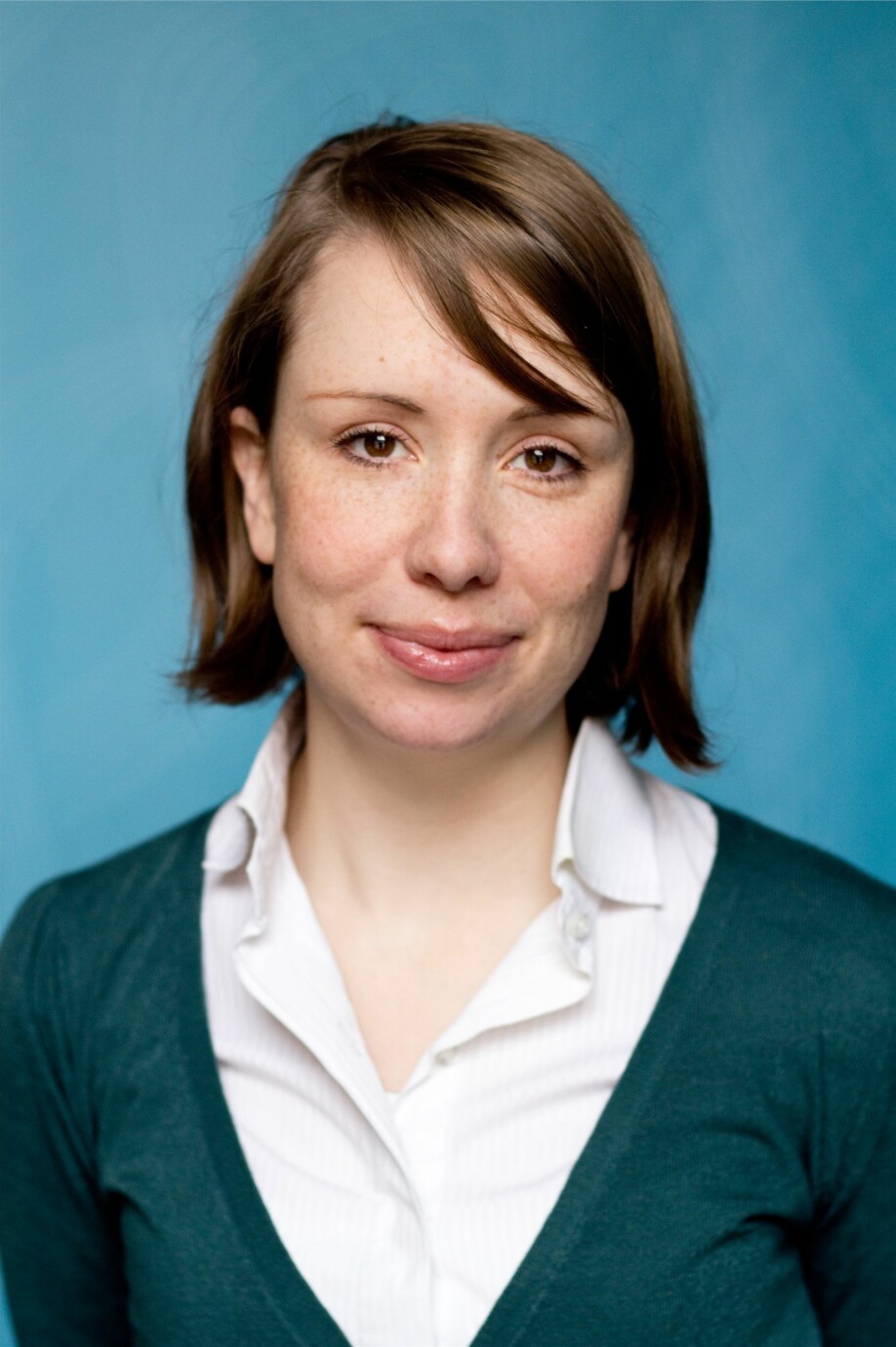
“Sweden mainly handed off the main responsibility for dealing with the coronavirus to their scientists, much more than to politicians. In Norway and Denmark, people don’t necessarily trust you more if you have a science background, but they do if you’ve won the most votes in an election. Here, professionals provide advice while politicians take control,” she said.
This is also an interesting difference between the Nordic countries, she said.
In Norway, the authorities focused on people trusting them as part of a solidarity effort to protect risk groups and health care workers. They expected that everyone would do their part.
In Sweden, people have also relied on common sense, with the expectation that everyone will take the necessary precautions, says Jumbert.
Sefton believes that this has created an enormous confusion among Swedes about what they really need to do regarding recommendations that come from the authorities.
“The Swedish authorities have had major problems in formulating a strategy that is clear and unambiguous and that brings people together in solidarity,” she said.
Lately, the Swedish Prime Minister has started talking about solidarity. That was not something that was talked about this spring, she said.
Did we have a choice?
Now Swedish ministers and mayors along the border are disappointed with Norwegians.
Jumbert believes that the Norwegian side probably felt that it had no choice.
“Closing the border is the simplest and most obvious step to take to protect your own population from infection, in a situation where we’re doing everything else we can otherwise. We can ask ourselves if the border would have been closed if Sweden's response to the coronavirus had been more like what the rest of the Nordic region did,” she said.
Life on the border
Politics is shaped in national capitals, far from a country’s borders.
But there is a big difference between the lived border and the political one. At the local level, people don’t experience the borders as boundaries in their everyday lives, the researchers believe.
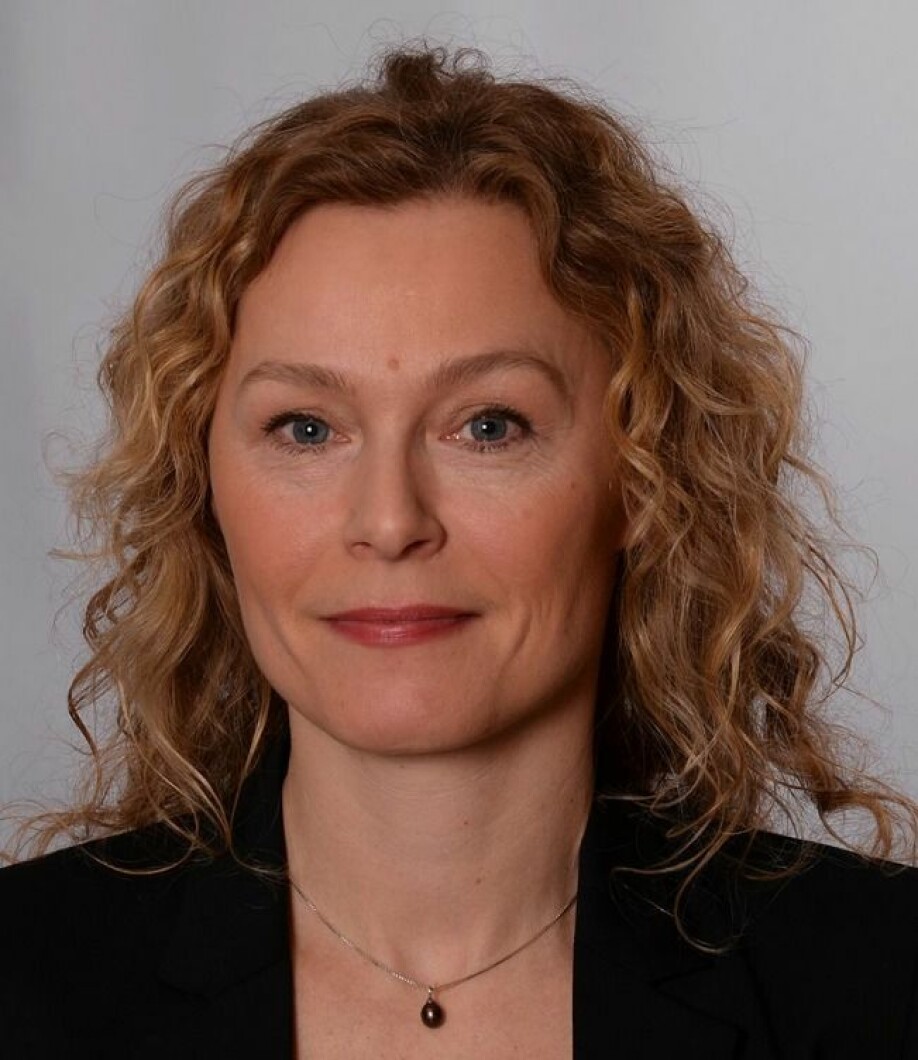
For people who live in the border area and who can’t cross freely to visit family, go to work, to school or to football training, closing a border has a strong impact on their everyday lives. That makes it very difficult for residents to understand why the border had to be closed for the first time since 1954.
These are important aspects that are easy to forget, the Nordic researchers believe.
More nationalism?
The Finnish historian Johan Strang said in an interview with the national newspaper Aftenposten that he believes the closed borders are a symptom of a larger phenomenon, of neo-nationalism and globalization.
People are increasingly beginning to see the nation state as a cure for all problems, Strang believes. He told Aftenposten that he fears this will have serious consequences for Nordic co-operation in the long term.
Sunniva Engh, a historian, believes the challenges people are experiencing now with travel and border crossings will probably make people in the Nordic countries think twice before buying a holiday home in neighbouring countries, applying for jobs or starting to study elsewhere in the Nordic region. Engh is also associated with the University of Oslo research project UiO: Nordic.
“All in all, I think that the situation we have had since March basically shows that the Nordic goals and vision of being the world's most integrated region are not in line with what we’re experiencing now. The countries have relied on different practices when it comes to openness or border restrictions — and there seems to be an absence of a coordinated response to the pandemic,” she said.
Think it will work out
The Nordic researchers interviewed by sciencenorway.no say it remains to be seen how this will affect Nordic co-operation over the long term, and to what extent this will be a double crisis. Not only a health crisis, but also a crisis for regional cooperation.
Sandvik thinks that it will probably work out over the long run.
“After all, we are much more similar to each other than all other countries. I believe that the lack of political alliances will save the relationship. Norway will probably do what it takes to repair the damage that has occurred when the pandemic is over,” she said.
There have been some signs lately that Sweden is tightening up on its pandemic measures and starting to be more in line with what the rest of the Nordics have done.
“But what is happening now is too little and too late,” Sefton said.
The Swedish researcher doesn’t think that Sweden will ever admit that they chose the wrong strategy in March 2020.
Translated by: Nancy Bazilchuk
———








